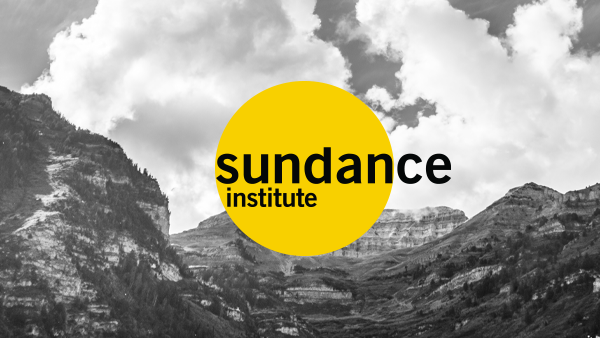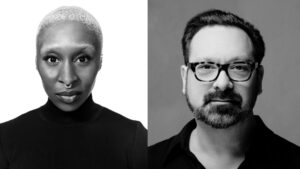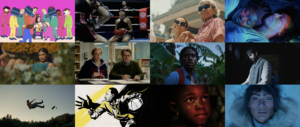Bridgette Bates
Last night, a small group of international cineastes gathered to celebrate the 2012 Sundance/NHK International Filmmaker Award.
The intimate dinner helmed by Michelle Satter, director of Sundance Institute’s Feature Film Program, and Alesia Weston, the program’s associate director of international initiatives, was the perfect reunion for Sundance and longtime friends from NHK (the Japan Broadcasting Corporation), who have been teaming up for over 15 years to support filmmakers in the global arena.
Asami Tomoko, Kazuko Taguchi, and Morihisa Matsudaira were present on behalf of NHK—along with last year’s award-winners, director-writer Benh Zeitlin and co-writer Lucy Alibar, whose film Beasts of the Southern Wild premiered last week in the Festival’s Dramatic Competition—to toast this year’s winner, Jens Assur for Close Far Away.
The Scandinavian writer-director Assur describes Close Far Away as “a dramatic thriller about people’s behavior in vulnerable situations.” The title stems from the ripple effect caused by these behaviors – how individual actions create a complex web of outcomes both personally and globally. “The goal is to make a film that moves and touches a global audience,” remarked Assur as he thanked Sundance Institute and NHK for their support.
The annual award supports a visionary filmmaker not just with funding, but also by closely working with the winner throughout the year to provide creative and strategic support through the development, financing, and production of their film.
Assur will be filming in both Europe and Africa and he is especially grateful to receive support for his international production. He has previously made two short films – The Last Dog in Rwanda shot in Africa and Killing the Chickens to Save the Monkeys (playing at this year’s Festival) shot in Asia – and the filmmaker understands how some of the hardest work of international filming comes in the pre-production stage of readying for the journey.
Preparing to start production this spring, Assur looks forward to the opportunity to learn from the experience. “My goal is to develop skills as a writer-director and to understand the producing process,” he added, “If you want to make unique projects, it’s not just about the funding, but how to carry out the project in a new way.”
With a background as a photojournalist and a close-knit relationship with DP Marek Wieser, Assur is planning for the visual imagery of the film to be quite intense. Although the look of the film will be a distinguishing factor, he insists that he turned from photography to film because he wanted to work in a medium that is “not about nice pictures, but about stories.” He added, “Film is about images, but with more tools to create story—music, dialogue, set design, architecture,” and he hopes to take full advantage of all such tools to transform his story. “My goal is to always bring an audience on a journey.”
The high quality of the films produced after the support of the Sundance/NHK Award attests to its mission to raise international awareness for groundbreaking new voices. Case and point, just this week Andrey Zvyagintsev’s Elena, which received the Sundance/NHK Award in 2010 and is screening at this Festival, received four Golden Eagles, the Russian Oscars, for Best Picture, Director, Cinematography and Supporting Actress. Needless to say, the international community eagerly awaits Jens Assur’s feature debut.




